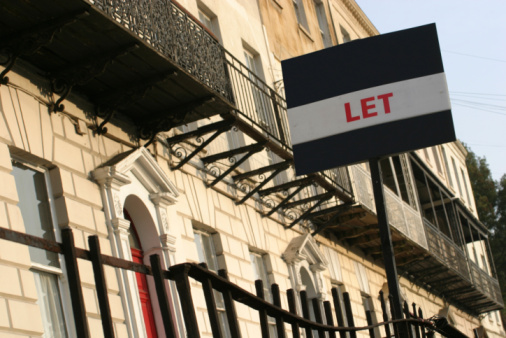Ability to buy for first-time buyers improved by just one per cent in 2011, despite falling house prices. It improved most in Northern Ireland and deteriorated most in the East of England. Even though the average UK first-time buyer’s earnings increased, the big rise in living costs prevented further improvements in the index. Lower house […]
 Ability to buy for first-time buyers improved by just one per cent in 2011, despite falling house prices. It improved most in Northern Ireland and deteriorated most in the East of England.
Ability to buy for first-time buyers improved by just one per cent in 2011, despite falling house prices. It improved most in Northern Ireland and deteriorated most in the East of England.
Even though the average UK first-time buyer’s earnings increased, the big rise in living costs prevented further improvements in the index.
Lower house prices mean the average mortgage payment faced by a first-time buyer household fell by £20 per month in 2011, to 51 per cent of discretionary income, from 53 per cent in 2010.
The average UK first-time buyer household will have to save for 35 months from Q4 2011 to get a 10 per cent deposit. This is one month less than they would have expected to save for in Q3. But it will still take 45 months for first time buyers in London.
The end of the stamp duty holiday will raise costs for first time buyers, but only in the most stretched parts of the UK.
Fionnuala Earley, RBS Group UK consumer economist said: “The RBS Ability to Buy Index improved by one per cent in 2011 to its best level since 2009. But the size of improvement was hindered by higher living costs. More simplistic measures of affordability suggest a much bigger improvement than this. But by including living costs we get a much more accurate picture of the real ability to buy. Without the surge in prices of essentials, particularly transport, first-time buyers’ ability to buy would have improved to 2003 levels in 2011.
“Even though the average first-time buyer household’s after-tax income grew in 2011, higher inflation meant that the amount of income available to save for a deposit or meet mortgage payments fell compared with 2010.
“Nevertheless, falling house prices meant that the proportion of discretionary income needed to meet mortgage payments was lower too. But a typical UK first-time buyer will still have to save for almost three years to raise a 10 per cent deposit, even after taking into account further modest falls in prices.
“The Government’s NewBuy scheme will underwrite buyers of new-build properties who have a minimum 5 per cent deposit. But at around £10,000, even saving a five per cent deposit will be a hurdle for those in London and the South East of England. On top of that, the end of the stamp duty holiday will hit this same group of FTBs who are already the most stretched. They will face a stamp duty bill of more than 10 per cent of their annual discretionary income.”













